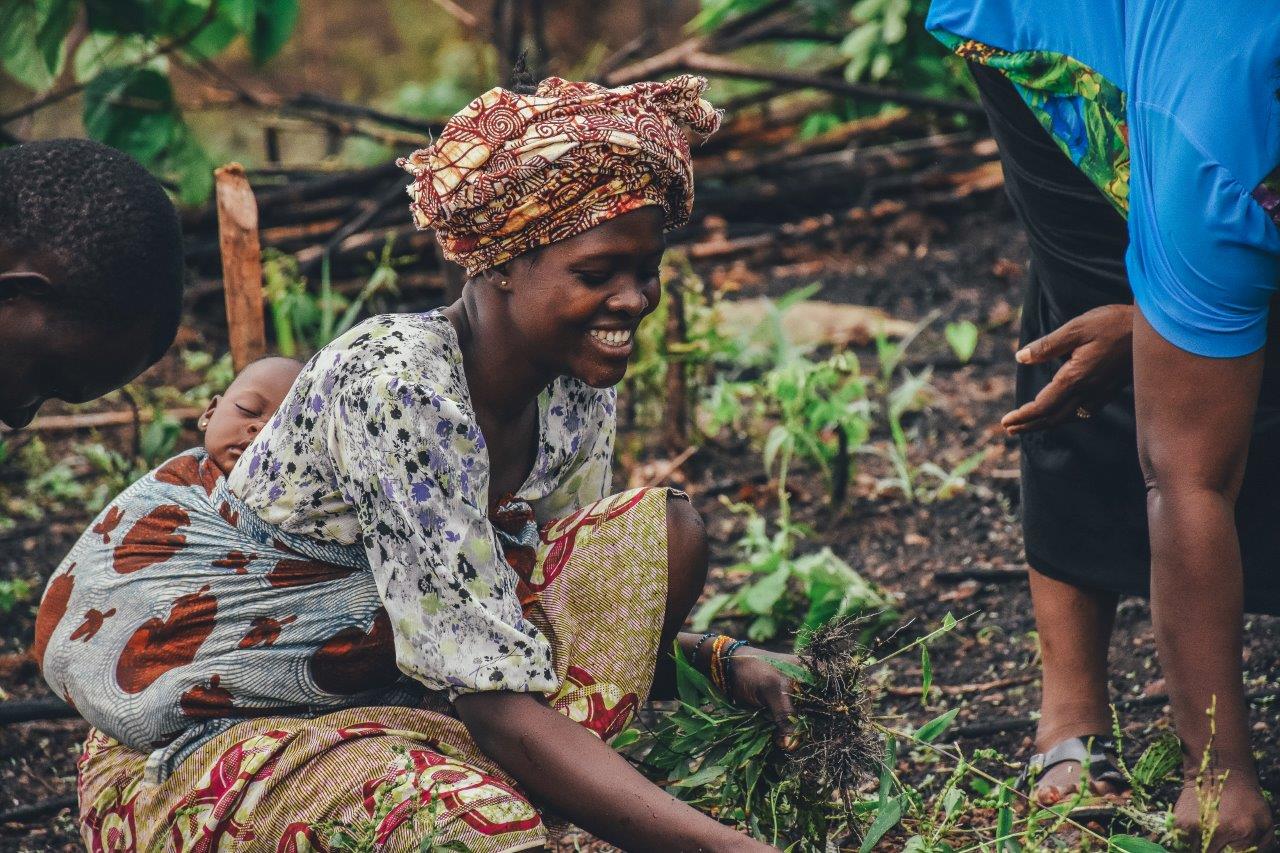Eighteenth African Ministerial Conference on the Environment | Dakar, 12-16 September 2022

date: 13/10/2022
Following the Expert Segment (12-14 September 2022), the Ministerial Segment (14-16 September 2022) aimed at agreeing on common African positions on key topics, namely climate change, biodiversity and plastics, resulting in the adoption of a Ministerial Declaration, decisions and a set of key messages.
On climate change, they focused on: a sharp increase of financial resources in order for COP 27 to set a new ambitious goal for 2025; the need to speed up adaptation and the Just Energy Transition; and the importance for Africa to see progress on the loss and damage issue.
On biodiversity, Ministers emphasised the importance of the Kigali Call for Action and of the Africa’s Protected Areas Congress, the need to address the links between climate change, pollution and biodiversity loss, as well as to develop a mechanism for benefit sharing on digital sequence information, and adequate financing to implement the Post-2020 Global Biodiversity Framework.
On plastics, Ministers were vocal on the need for the agreement to cover full life cycle of plastics, and support to developing countries through adequate means of implementation, notably through a creation of a dedicated multilateral fund. Additionally, ministers agreed to nominate Mali and Kenya for the Bureau of the OEWG on Science-Policy Panel for chemicals, waste and pollution.
On all three fronts ministers were united in their call for developed countries to step-up financial commitments and mobilise adequate financial resources to implement global agreements.
In addition, Ministers held policy dialogues on (i) open waste burning and waste management in Africa, (ii) antimicrobial resistance, and (iii) the platform for implementation of AMCEN decisions. In relation to these key issues facing the region, the Ministers committed to:
- eliminate open dumping and burning of waste in Africa and promote use of waste as a resource for value and job creation through circular economy approaches. They called on development partners to support African countries to notably better monitor and reduce methane emissions associated with waste. Egypt also presented and sought African support to its new Global waste initiative (50 by 50) to be launched at COP 27 and aiming at treating and recycling 50% of solid waste produced in Africa by 2050.
- improve awareness on the risks that antimicrobial resistance poses to human health and sustainable development in Africa. They also called for urgent and collective action to prevent and minimise adverse impacts of antimicrobial resistance in Africa.
- make the AMCEN a stronger and more effective decision-making platform, including by strengthening collaboration between African Environment Ministers and Ministers of Finance and Economic Planning.
At the opening session of the Ministerial Segment, Commissioner Sinkevičius, stressed the importance of EU-Africa cooperation to achieve ambitious outcomes at the 27th session of the Conference of the Parties to the United Nations Framework Convention on Climate Change (UNFCCC COP27), the resumed 15th session of the Conference of the Parties to the United Nations Convention on Biological Diversity (UNCBD-COP15), and at the first Intergovernmental Negotiating Committee (INC) on the Global Plastics Agreement. He also emphasised the EU’s efforts to step up mobilisation of resources to support African Countries.
In 2020, the EU and its Member States were the largest provider of climate finance to Africa, allocating more than EUR 23 billion to climate action. We will continue in the same direction. “Global Gateway”, the sustainable connectivity strategy we launched at the end of last year, is another example. The EU-Africa Global Gateway investment package we unveiled in February will boost investments in areas like the green transition, renewable energy, digitalisation and sustainable agriculture – said Commissioner Sinkevičius.
More information:
